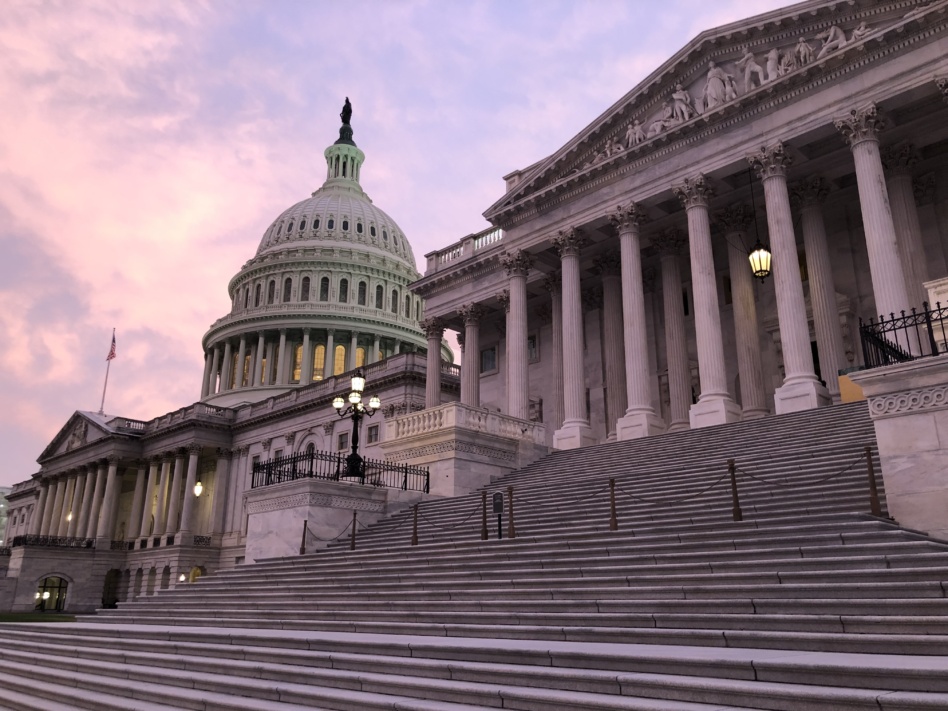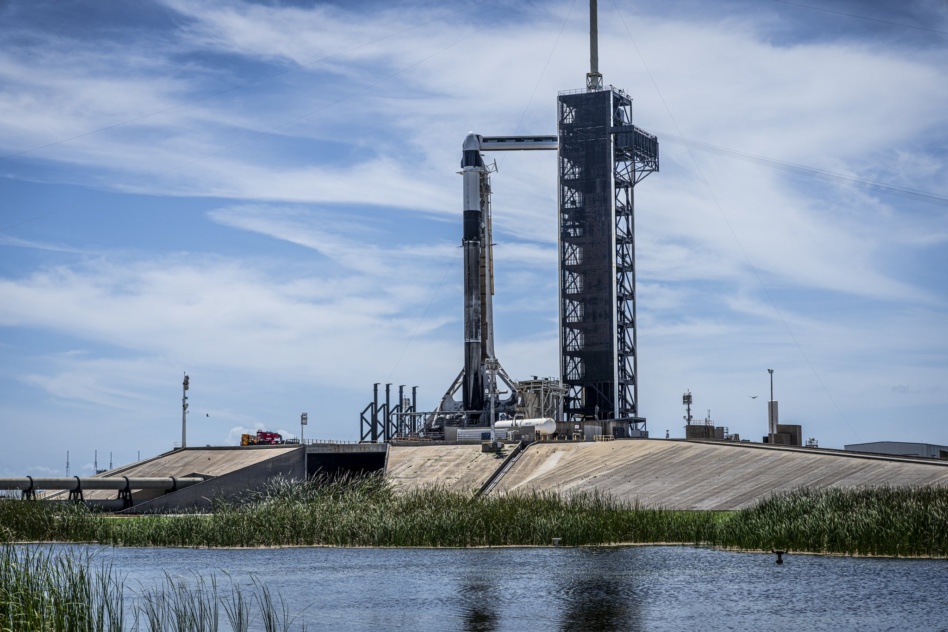Meghan Allen is tired of hearing that policymakers don’t have a stake in space.
At a holiday party last year, the Space Foundation’s senior vice president of Washington operations was bombarded with staffers saying, “I love space, but my boss has nothing to do with space.”
“I don’t care what way you look at this,” she told Payload. “Farming, national security, commercial—whatever angle you take, space affects us every day.”
A DC foothold: The Space Foundation hired Allen as its first SVP for Washington operations in January in a bid to boost its presence in the nation’s capital and spread the importance of space across the government, said Heather Pringle, the non-profit’s CEO. Allen’s team has since grown to six people working with Congress, the DoD, and other agencies on issues that are important to the entire space industry.
What it’s not: Don’t call the Space Foundation’s work lobbying. Pringle and Allen were both clear that they are taking a different angle from trade groups in DC, which often support legislation and circulate papers advocating for a specific company and portion of the industry.
Instead, the Foundation’s plan is to act as a convening power in DC, educating officials across the government about space, providing a foundation of basic knowledge that allows space companies not to have to start their discussions with policymakers and regulators at square one.
“It’s about educating non space people to have them understand they are all space people,”Allen said. “We serve the mission of engaging with a diverse group of stakeholders across the community to be a little bit more knowledgeable….We tend to leave out all those other people beyond authorizers and appropriators.”
What’s next: Education on Capitol Hill is first up for the foundation, but the plan is to extend those sorts of opportunities around DC to help officials at the FCC, FAA, Commerce Department, State Department and beyond understand how space affects their missions, Allen said.
“People need to be on the same wavelength,” she said. “We want to bring our space 101 messaging to all stakeholders…so we’re starting from the same sheet of music.”





